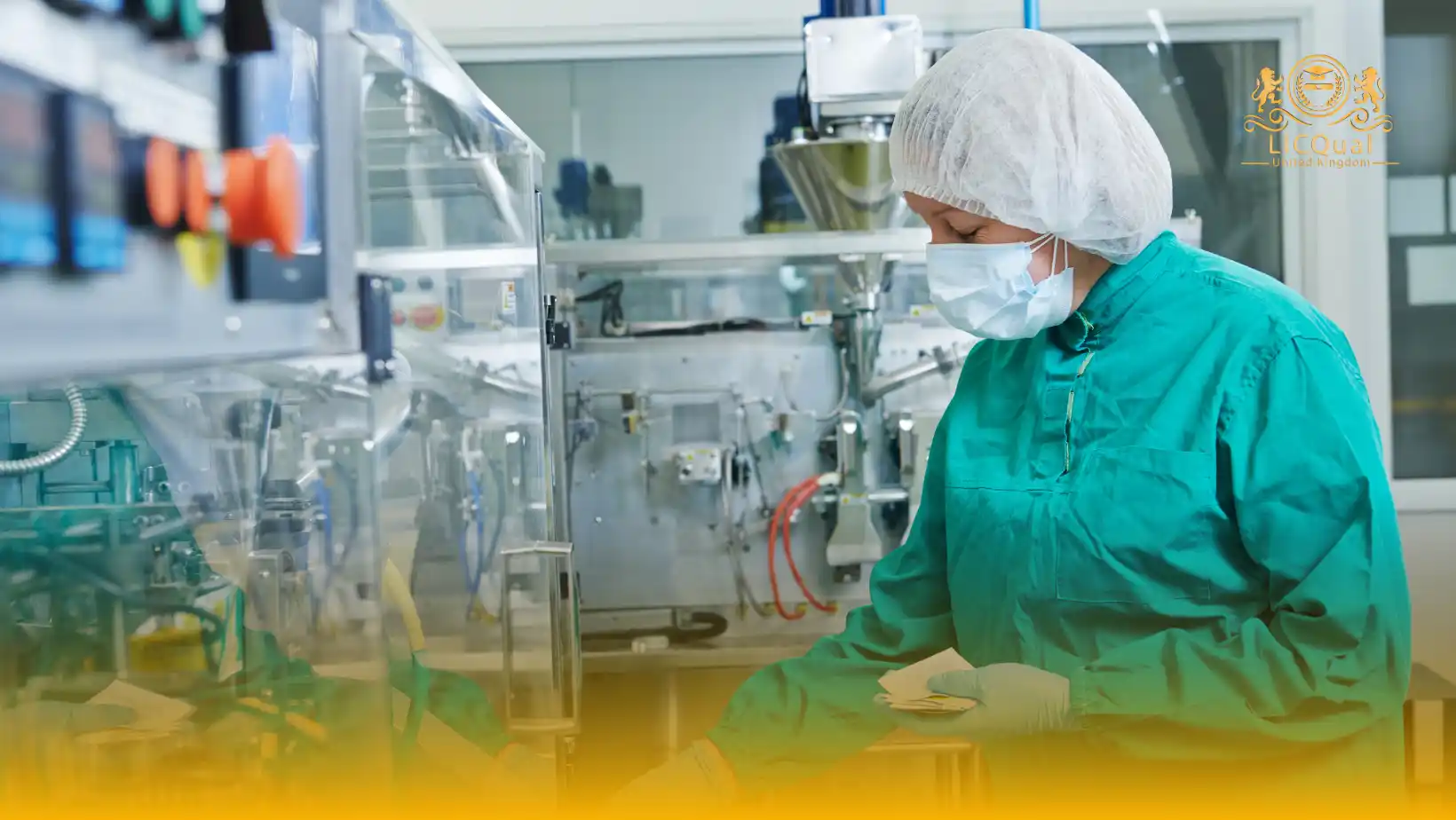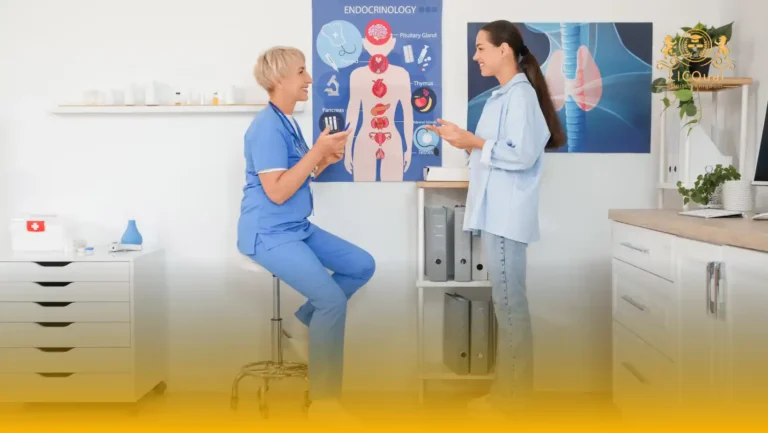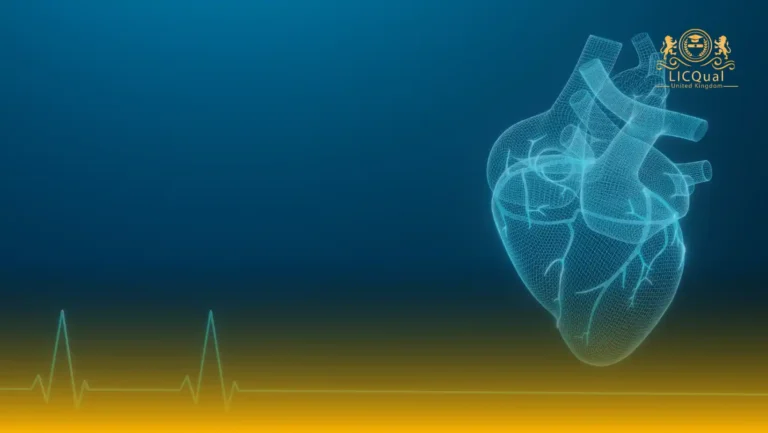The LICQual Level 3 Diploma in Pharmaceutical Technology and Quality Assurance (Dip Pharmaceutical Technology) is a comprehensive qualification designed for learners aiming to advance their expertise in pharmaceutical manufacturing, technology, and quality management. This programme provides essential knowledge of pharmaceutical processes, formulation science, regulatory compliance, and quality assurance practices, ensuring learners are well-prepared for professional growth within the pharmaceutical industry.
This diploma is particularly suited for learners who wish to enhance their career prospects, expand their knowledge base, and strengthen their Continuing Professional Development (CPD). By combining theoretical foundations with practical applications, it equips learners with the skills required to meet industry standards in pharmaceutical technology and deliver safe, effective, and high-quality products.
Centres delivering the LICQual Level 3 Diploma in Pharmaceutical Technology and Quality Assurance must ensure they have competent and qualified staff with relevant industry expertise, alongside updated materials, laboratories, and digital resources. These provisions guarantee that learners receive effective training, professional guidance, and the opportunity to achieve academic and career success.
With a focus on innovation, compliance, and excellence in pharmaceutical practices, this diploma enables learners to gain a strong foundation in pharmaceutical technology and quality assurance. It is an excellent choice for those aspiring to play a key role in maintaining safety, quality, and efficiency in pharmaceutical production and healthcare delivery.
Course Overview
Qualification Title
LICQual Level 3 Diploma in Pharmaceutical Technology and Quality Assurance (Dip Pharmaceutical Technology)
Total Units
6
Total Credits
60
GLH
240
Qualification #
LICQ2201187
Qualification Specification
To enroll in the LICQual Level 3 Diploma in Pharmaceutical Technology and Quality Assurance (Dip Pharmaceutical Technology), applicants must meet the following criteria:
|
Qualification# |
Unit Title |
Credits |
GLH |
|---|---|---|---|
|
LICQ2201187-1 |
Principles of Pharmaceutical Technology |
10 |
40 |
|
LICQ2201187-2 |
Pharmaceutical Formulation and Dosage Design |
10 |
40 |
|
LICQ2201187-3 |
Manufacturing Processes in the Pharmaceutical Industry |
10 |
40 |
|
LICQ2201187-4 |
Quality Assurance and Quality Control in Pharmaceuticals |
10 |
40 |
|
LICQ2201187-5 |
Regulatory Frameworks, Compliance, and Good Manufacturing Practice (GMP) |
10 |
40 |
|
LICQ2201187-6 |
Research, Innovation, and Professional Development in Pharmaceutical Technology |
10 |
40 |
By the end of this course, learners will be able to:
Unit 1: Principles of Pharmaceutical Technology
By the end of this unit, learners will be able to:
- Explain the fundamental concepts of pharmaceutical technology and its role in healthcare.
- Describe the properties of pharmaceutical raw materials and their applications.
- Analyse the principles of drug development, including solubility, stability, and bioavailability.
- Apply core scientific principles to the design and evaluation of pharmaceutical processes.
Unit 2: Pharmaceutical Formulation and Dosage Design
By the end of this unit, learners will be able to:
- Demonstrate knowledge of dosage forms, excipients, and formulation strategies.
- Evaluate the stability and compatibility of pharmaceutical ingredients in formulation.
- Apply principles of dosage design to ensure therapeutic efficacy and patient safety.
- Assess bioavailability and pharmacokinetics in relation to dosage form design.
Unit 3: Manufacturing Processes in the Pharmaceutical Industry
By the end of this unit, learners will be able to:
- Identify key pharmaceutical manufacturing processes including granulation, compression, and encapsulation.
- Explain the principles of sterile and non-sterile production methods.
- Apply process validation and scale-up principles in pharmaceutical manufacturing.
- Evaluate safety, efficiency, and quality considerations in production environments.
Unit 4: Quality Assurance and Quality Control in Pharmaceuticals
By the end of this unit, learners will be able to:
- Explain the role of quality assurance (QA) and quality control (QC) in pharmaceutical production.
- Apply analytical and testing methods to assess product quality.
- Evaluate documentation systems, audits, and inspections in QA frameworks.
- Demonstrate knowledge of validation, calibration, and risk management procedures.
Unit 5: Regulatory Frameworks, Compliance, and Good Manufacturing Practice (GMP)
By the end of this unit, learners will be able to:
- Explain international regulatory frameworks governing pharmaceutical production.
- Analyse compliance requirements under GMP and related quality standards.
- Demonstrate knowledge of ethical, legal, and professional responsibilities in pharmaceutical practice.
- Apply GMP principles to ensure safe and compliant manufacturing processes.
Unit 6: Research, Innovation, and Professional Development in Pharmaceutical Technology
By the end of this unit, learners will be able to:
- Conduct research using appropriate methods relevant to pharmaceutical technology.
- Critically evaluate data and apply evidence-based decision-making in practice.
- Demonstrate innovation in problem-solving within pharmaceutical product development.
- Reflect on professional development needs and plan for Continuing Professional Development (CPD).
The LICQual Level 3 Diploma in Pharmaceutical Technology and Quality Assurance (Dip Pharmaceutical Technology) is designed for professionals and students who want to specialize in pharmaceutical manufacturing, formulation science, and quality assurance. This internationally accredited qualification is ideal for pharmacists, researchers, healthcare professionals, and academic trainers who aim to strengthen their expertise in pharmaceutical technology and QA systems. With flexible online study and global recognition, it is perfect for anyone seeking career advancement, credibility, and practical skills in pharmaceutical innovation and compliance.
1. Practicing Pharmacists
- Gain advanced knowledge of pharmaceutical technology and quality assurance systems
- Strengthen compliance with GMP, regulatory standards, and patient safety protocols
- Enhance credibility with an internationally recognized qualification
- Prepare for leadership roles in pharmacy and pharmaceutical manufacturing
- Stay updated with evolving pharmaceutical technologies and global practices
2. Pharmacy Students and Graduates
- Build a strong foundation in pharmaceutical technology before entering the workforce
- Improve employability with a Level 3 diploma UK recognized
- Learn practical applications of formulation science and quality assurance
- Gain confidence in applying pharmaceutical QA principles in clinical and industrial settings
- Add a career‑ready certification to your academic portfolio
3. Healthcare Professionals
- Understand pharmaceutical technology across diverse healthcare and clinical settings
- Strengthen skills in evidence‑based decision‑making and drug safety monitoring
- Expand career opportunities with international accreditation
- Apply pharmaceutical QA principles in multidisciplinary healthcare teams
- Improve patient trust through safe and effective medicine delivery
4. Pharmaceutical Researchers
- Deepen expertise in drug formulation, testing, and quality assurance
- Strengthen research credibility with accredited certification
- Gain practical tools for designing and evaluating pharmaceutical studies
- Improve career advancement opportunities in pharmaceutical R&D
- Enhance knowledge of bioavailability, stability, and compliance standards
5. International Candidates
- Earn a globally recognized pharmaceutical technology qualification
- Access flexible online study from anywhere in the world
- Meet international accreditation standards for healthcare and pharmaceutical practice
- Strengthen career prospects in diverse pharmaceutical markets
- Gain cross‑border knowledge of pharmaceutical QA and compliance
6. Academic and Training Professionals
- Use the diploma to enrich teaching and training programs
- Gain structured knowledge of pharmaceutical technology for curriculum design
- Strengthen EEAT compliance in educational content delivery
- Provide students with internationally accredited learning pathways
- Enhance professional standing in academic and healthcare education
7. Career Changers and Aspiring Professionals
- Transition into pharmaceutical technology or healthcare with a recognized qualification
- Gain essential knowledge of pharmaceutical QA systems for new roles
- Build credibility in healthcare through accredited certification
- Learn practical skills for drug manufacturing and evidence‑based practice
- Open doors to career opportunities in pharmacy, research, and healthcare sectors
To ensure high-quality delivery of the LICQual Level 3 Diploma in Pharmaceutical Technology and Quality Assurance, training centres must meet specific standards. These requirements are designed to guarantee that learners receive the best possible education, resources, and support throughout their learning journey.
- Qualified and competent staff – Centres must employ trainers and assessors with appropriate academic qualifications and relevant industry experience in pharmaceutical technology and quality assurance.
- Access to essential learning resources – Centres should provide learners with up-to-date study materials, textbooks, research journals, and access to online learning platforms.
- Laboratory and technical facilities – Adequate facilities must be available for practical demonstrations, experiments, and case studies to ensure applied learning.
- Robust quality assurance systems – Centres should implement strong internal quality assurance policies to maintain consistency, accuracy, and fairness in assessments.
- Compliance with regulatory standards – Centres must align with international education and training standards, ensuring learners gain industry-relevant knowledge and skills.
- Learner support services – Guidance, academic support, and mentoring should be available to help learners progress successfully and achieve their qualification.
- Commitment to CPD – Centres must encourage staff and learners to engage in Continuing Professional Development to maintain professional growth and up-to-date industry knowledge.
- Safe and inclusive learning environment – Centres should create a supportive atmosphere that promotes equality, diversity, and learner engagement.
Assessment and Verification
All units within this qualification are subject to internal assessment by the approved centre and external verification by LICQual. The qualification follows a criterion-referenced assessment approach, ensuring that learners meet all specified learning outcomes.
To achieve a ‘Pass’ in any unit, learners must provide valid, sufficient, and authentic evidence demonstrating their attainment of all learning outcomes and compliance with the prescribed assessment criteria. The Assessor is responsible for evaluating the evidence and determining whether the learner has successfully met the required standards.
Assessors must maintain a clear and comprehensive audit trail, documenting the basis for their assessment decisions to ensure transparency, consistency, and compliance with quality assurance requirements.







